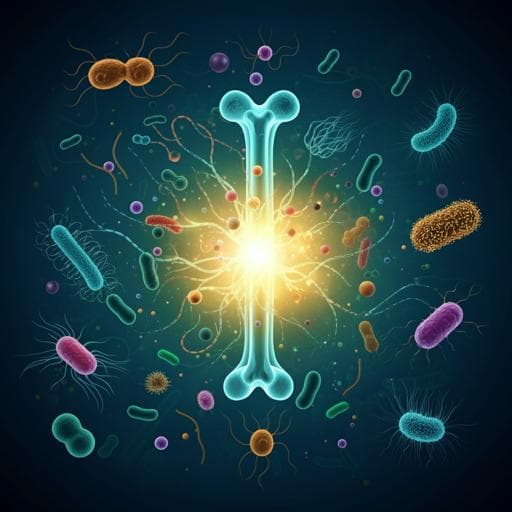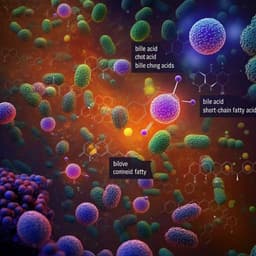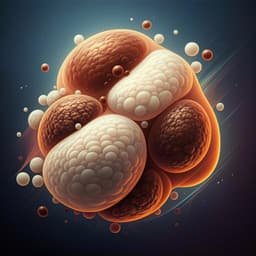
Food Science and Technology
Obesity, but not high-fat diet, is associated with bone loss that is reversed via CD4+CD25+Foxp3+ Tregs-mediated gut microbiome of non-obese mice
W. Song, Q. Sheng, et al.
This fascinating study conducted by Wei Song and colleagues reveals the critical link between high-fat diet-induced obesity and bone loss in mice, while highlighting the protective role of a healthy gut microbiome that supports bone health through short-chain fatty acid production. A remarkable fecal microbiota transplantation reversed bone loss, showcasing the gut's power in maintaining skeletal integrity.
Related Publications
Explore these studies to deepen your understanding of the subject.







